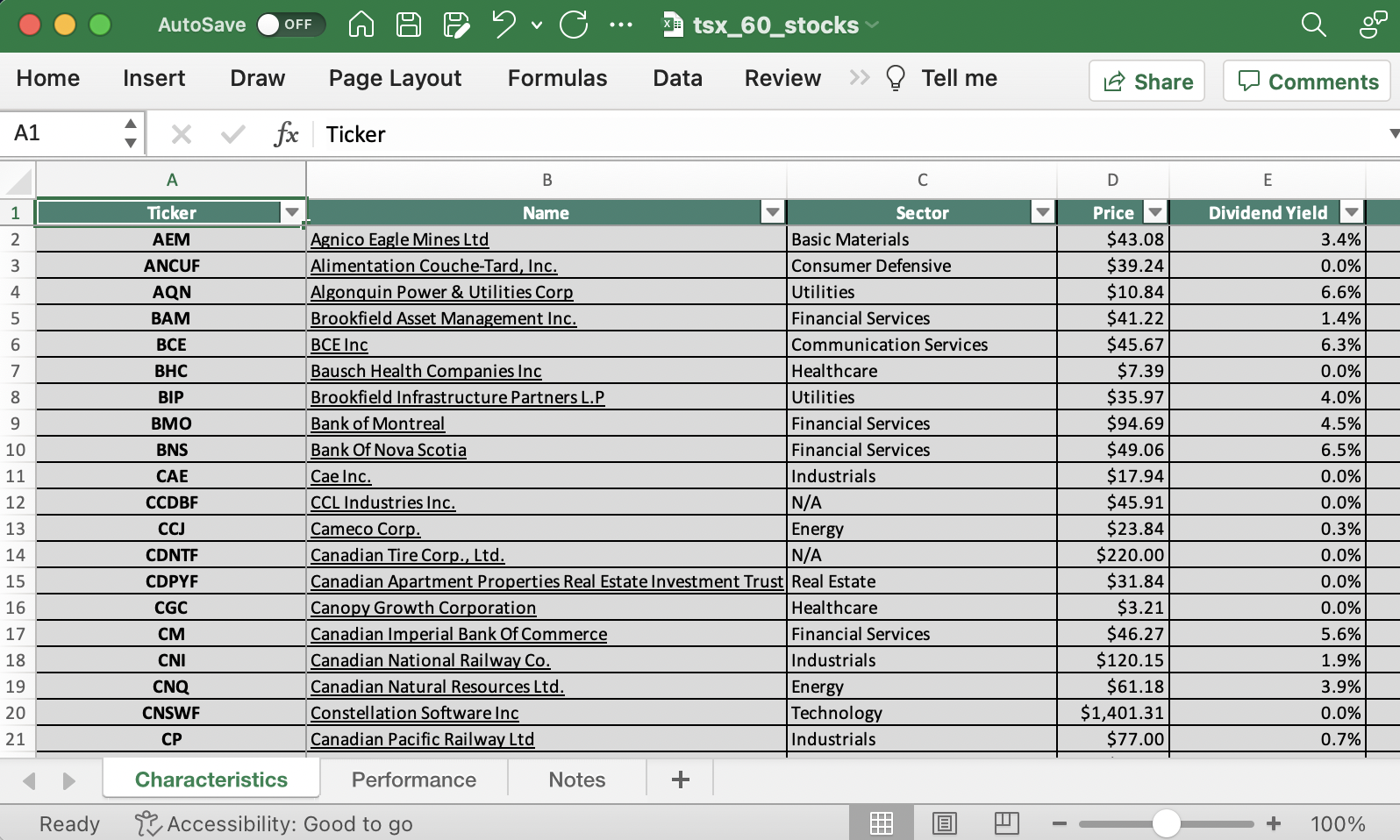As clients navigate complex markets and increasing uncertainty, financial advisors are rethinking how they guide investment behavior. Traditional economic models are giving way to behavioral finance, where psychological and social factors — especially social norms — play a powerful role. Understanding how these norms influence risk-taking can help advisors tailor strategies, build trust, and drive better client outcomes.
What are social norms? Social norms are the generally unspoken expectations or shared understandings that influence what people consider acceptable behavior. Whether descriptive (what people believe others are doing) or injunctive (what people believe others expect them to do), social norms have the power to shape perceptions, attitudes, and actions. For financial advisors, understanding these dynamics is critical to crafting strategies that not only align with clients’ objectives but also inspire confidence and proactive decision-making.
This blog explores how social norms influence investment behavior, particularly through their interaction with investment experience, risk tolerance, and psychological mediators like attitudes, subjective norms, and perceived behavioral control. It also highlights how these insights can be leveraged by financial advisors to build stronger relationships and drive better outcomes for their clients.
Social Norms in Behavioral Finance
At the heart of behavioral finance lies the recognition that human behavior often deviates from the rational, utility-maximizing models proposed by classical economics. Social norms, as part of this behavioral framework, influence decision-making by providing cues about what is considered acceptable or expected behavior.
Descriptive norms guide individuals based on what they observe others doing. For example, when investors see their peers allocating significant portions of their portfolios to risky assets, they may feel encouraged to do the same.
Injunctive norms exert influence by signaling societal or group expectations. An investor might feel compelled to conform to perceived standards within their professional or social circles, even if it contradicts their natural risk preference.
The importance of social norms becomes particularly apparent in complex decisions like investing in risky assets such as equities, where uncertainty and information asymmetry create a reliance on external cues.
Moderated Mediation Analysis: Insights into Investor Behavior
My doctoral research thesis sheds light on how social norms influence the intention to invest in risky assets through three underlying processes:
1. Attitude toward risky assets — The degree to which individuals view risky investments positively or negatively.
2. Subjective norms — The perceived expectations from others regarding risky investment decisions.
3. Perceived behavioral control — The confidence individuals feel in their ability to execute investment decisions successfully.
However, these underlying processes through which social norms influence the decision to invest in risky assets are not uniform. They vary depending on the level of clients investment experience and risk tolerance. A deeper dive into the interplay of social norms, investment experience, and risk tolerance reveals some crucial behavioral patterns:
Attitudes toward risky assets are most influenced at low levels of investment experience and high levels of risk tolerance. These individuals often lack the technical knowledge to make independent decisions and therefore rely heavily on social cues. By observing peers with similar characteristics investing successfully in risky assets, they develop a more positive attitude toward taking similar actions.
Subjective norms play a more significant role at moderate levels of investment experience and low levels of risk tolerance. For these clients, perceived societal expectations can either encourage or discourage them from stepping out of their comfort zones. These clients may feel pressure to conform to societal or peer expectations but remain hesitant due to their risk aversion. Their investment decisions are more likely to be swayed by perceived approval or endorsement from trusted sources, such as financial advisors or influential peers.
Perceived behavioral control is most impactful at high levels of both investment experience and risk tolerance. Experienced and risk-tolerant investors feel empowered when they perceive themselves as capable of making informed decisions. Social norms reinforce their confidence, especially when aligned with their personal investment goals and knowledge.
4 Actionable Strategies for Financial Advisors
Understanding how social norms interact with investment experience and risk tolerance provides financial advisors with a powerful framework for influencing client behavior. Here are four actionable strategies:
1. Segment Clients Effectively. Advisors should categorize clients based on their levels of investment experience and risk tolerance. For example, novice investors with high risk tolerance may require different communication strategies than seasoned investors with low risk tolerance.
2. Leverage Social Proof for Novice Investors. For clients with limited investment experience, highlighting the behavior of peers can shape attitudes positively. Case studies, testimonials, or data showing how similar individuals have benefited from investing in risky assets can build trust and encourage action.
3. Address Subjective Norms for Hesitant Investors. Risk-averse clients with moderate experience are often guided by perceived expectations. Advisors can create a sense of community through investor networks or peer forums, where clients can see others successfully navigating similar decisions.
4. Empower Experienced Investors with Data and Tools. Clients with high investment experience and risk tolerance value control and confidence. Advisors should focus on providing sophisticated tools, personalized analysis, and actionable insights that align with their goals, reinforcing their perceived behavioral control.
A Call to Action
The integration of behavioral finance insights — particularly the power of social norms — is no longer optional for financial advisors. As clients demand more personalized and holistic guidance, understanding how social norms interact with factors like investment experience and risk tolerance offers a powerful way to shape behavior and improve outcomes.
For advisors who can master the balance between behavioral insight and technical expertise, the payoff is twofold: stronger client relationships and greater differentiation in an increasingly competitive industry. It’s time to embrace the norm effect and rethink how we influence investment decisions.





























